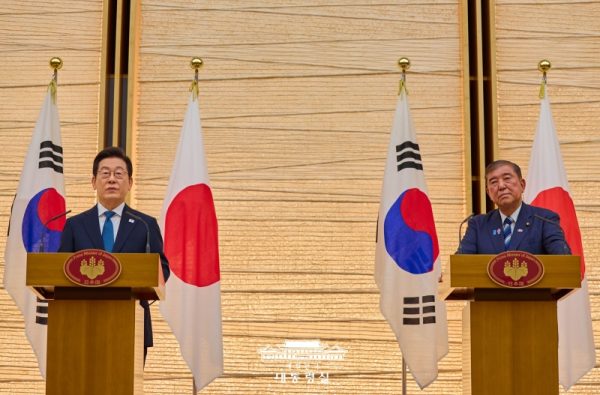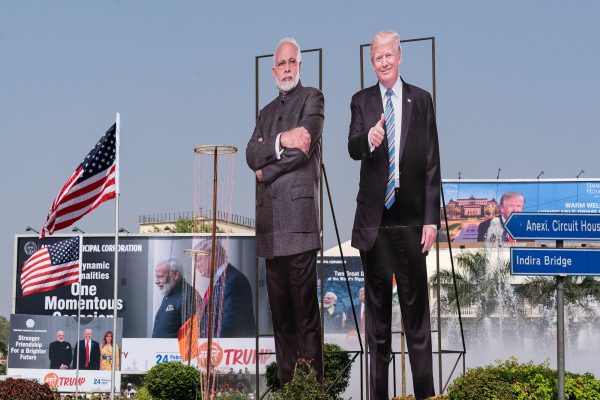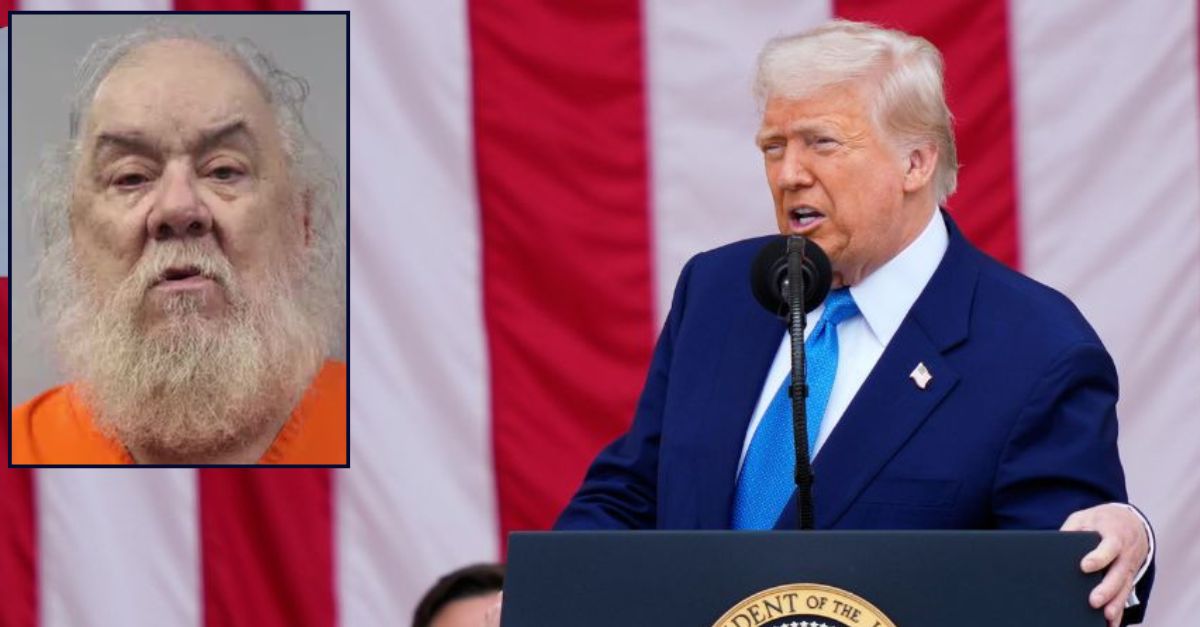PROTECT YOUR DNA WITH QUANTUM TECHNOLOGY
Orgo-Life the new way to the future Advertising by AdpathwayThe alleged Chinese spying affair currently troubling the U.K. government after the collapse of recent trial is markedly different from previous espionage scandals. It is centered not on the actions of suspected spies, but on the behavior of the government. How did this come to happen?
The two men – former parliamentary researcher Christopher Cash and academic Christopher Berry – remain without stain on their character. The case against them, which they denied, was dropped before going to trial.
As in all spy cases, there is a gap between the speculation (what those outside of government are free to theorize on), and the secrets (the classified material and processes behind closed doors).
The speculation is around whether government behavior collapsed the prosecution to benefit diplomatic and trade relations with China. The secrets, which a parliamentary inquiry will now investigate, are whether this was indeed what happened, and who in the government, if anyone, was involved in the collapse of the case.
Cash and Berry were charged under the 1911 Official Secrets Act (now replaced by the 2023 National Security Act). They were accused of passing “at least 34 reports” containing politically sensitive information about parliament or parliamentarians to a Chinese intelligence agent.
The information was then allegedly passed to Cai Qi, a senior Chinese Communist Party official often referred to as President Xi Jinping’s right-hand man. The content of the material (which does not need to be classified for the sharing of it to be illegal) and how damaging it may be will also be of interest to the inquiry.
Prosecutors unexpectedly dropped the charges weeks before a trial was to go ahead. The Crown Prosecution Service (CPS) said that it could not obtain necessary evidence from the government that China was a threat to the United Kingdom’s national security.
Because of precedent from a 2024 Russian spying case, witness statements were needed to say that at the time of the alleged offenses, China was an enemy of the U.K. The deputy national security adviser, Matthew Collins, provided three witness statements (in December 2023, February 2025 and July 2025) to the CPS, which the government has now made public.
These statements make clear the range of Chinese intelligence activities against the United Kingdom, including continual attempts to compromise U.K. government systems. They also outline the scale of the challenge from China, and align with current government policy and the last government’s 2023 integrated review of foreign, defense, and security policy.
In my view as a researcher of intelligence and national security, Collins’ statements clearly provide evidence of a range of challenges that China poses to the U.K. They chime with aspects of the 1989 Security Service Act that puts economic security on a par with other security threats. However, it might have been challenging to put to a jury something the government was not prepared to state outright: that China is a security threat.
The director of public prosecutions, Stephen Parkinson, reportedly told MPs that he had 95 percent of the evidence he needed for prosecution. The government has said that it’s up to Parkinson to explain what that remaining 5 percent would be.
There are now several key questions. Was the government involved in the CPS’s decision to drop the charges? What discussions took place within the government around this case? Does the government view China as a threat to the level required by the CPS? And could the prime minister have stopped the case from collapsing, had he wanted to?
The government’s statements about Collins, emphasizing his expertise and role, effectively ask us to believe that he did not consult his boss (Prime Minister Keir Starmer’s trusted aide, Jonathan Powell), nor consult anyone else in Whitehall about an issue that has deep diplomatic ramifications.
The prime minister has acknowledged that he was told the case was on the brink of collapse two days before it did. Starmer maintains that he did not involve himself in it.
Starmer made the point that CPS decisions are independent of the government. While true, it would be very disciplined of the prime minister to allow a case with such diplomatic importance to resolve itself without any political input. The government has, historically, intervened in legal cases of a national security nature, including the 1991 arms to Iraq scandal, which led to the Scott inquiry; the Binyam Mohammad case (2010), the Belhaj case (2017), and Shamima Begum cases (2021-24). All of these involved the government putting forward national security arguments to protect intelligence relationships and foreign partners.
The current government has sought to blame the fallout on the last Conservative government’s ambiguity on China. Labor’s position is similarly complex. It sees China as an important partner for trade, global warming, pandemic mitigation and on emerging conflicts. It also sees China as a persistent challenge to British security.
Complicating this further is the director general of MI5, Ken McCallum, expressing his frustration with the collapse of the prosecution. He described how large the threat from Chinese espionage is, citing a successful MI5 operation from the previous week. He also said that MI5 had seen a 35 percent increase in all state-based plots against the United Kingdom.
The speculation around the diplomatic and economic advantages of this case collapsing is created by the challenges of the U.K.’s post-Brexit economy. The U.K. needs to do business with China, but without being exploited as many nations are seen to be.
A U.K. still within the EU might have felt more able to weather the storm of offending China with a prosecution. This also applies to the Chinese government’s delayed application to transform the former Royal Mint building into an embassy. Opponents have raised security concerns about the new embassy’s proximity to sensitive underground fiber-optic cables, which could be tapped into for eavesdropping purposes. The Chinese government has threatened consequences if it is not approved.
There are a growing number of friction points for the United Kingdom operating with increasingly confident and assertive international partners and competitors. The inquiry into the collapsed prosecution will shine a light on how the British establishment is handling these.
This article was originally published on The Conversation. Read the original article. ![]()


 12 hours ago
2
12 hours ago
2






















 English (US) ·
English (US) ·  French (CA) ·
French (CA) ·  French (FR) ·
French (FR) ·